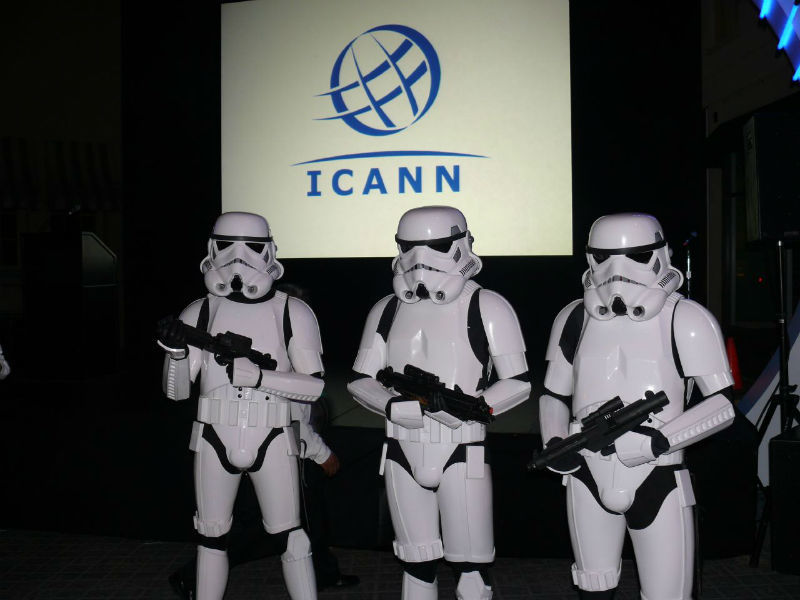The United States handed over control of domains to the world community: what does it mean

/ Veni CC photo
On October 1, the contract between ICANN and the US government expired . As a result, ICANN, which oversees the management of key Internet infrastructure, has gained full control over the management of Internet address space.
ICANN controlled the Internet address space through a specially created structure called IANA (the “Internet Address Space Administration”), which was subordinate to the National Telecommunications and Information Administration (NTIA). Starting October 1, it will be replaced by ICANN’s internal structure, a nonprofit public interest corporation (PTI).
The new structure will include representatives from all countries that are members of the ICANN Government Committee, as well as Internet industry workers and Internet users.
A bit of history
ICANN was founded in 1998, and then it was planned that the organization’s contract with NTIA would last one or two years, and the organization itself would become completely independent in 2000. However, subsequently, the importance of the Internet to the United States grew significantly, and the transfer of control no longer fit into the state’s plans.
Representatives of various countries, the European Union and the UN periodically stated the need to transfer control over the management of domain zones to the world community. However, active movements in this direction were not undertaken until the moment that the revelations of Edward Snowden were published.
In September 2013, a few months after the publication of secret surveillance documents by US intelligence agencies, technical organizations around the world intensified. At a meeting in Montevideo, it was decideda statement stating that “recent revelations of comprehensive surveillance” has undermined the trust of Internet users around the world. It is time to “globalize IANA."
Brazilian President Dilma Rousseff, whose phone was also tapped by the US National Security Agency, has agreed with ICAN CEO Fadi Chehade to hold a global meeting to develop new Internet governance rules. However, a few weeks before the event, it was announced that the US government was ready to give control of ICANN and IANA. However, for this it was necessary to fulfill a number of conditions.
In particular, the governance model was to be developed by the global Internet community without the participation of governments of other states. Moreover, whether the new system meets all the requirements should have been decided by the US government. According to The Guardian, it took about two years to agree and develop a plan for the transfer of power (in the process, the contract with ICANN had to be renewed again), discussions stretched to 32,000 emails and 600 meetings and meetings.
Not everyone in the United States was happy about the upcoming loss of “control over the Internet” - the inadmissibility of such a development of events was stated, for example, Republican senator Ted Cruz, who said that “this would strengthen control over the network by foreign governments.”
Nevertheless, the decision to complete the contract between ICANN and NTIA was made - thus, despite the difficult international situation, the agreements reached many years ago were implemented. A kind of “privatization” of the Internet by the international community has begun.
Conclusion: only the first step
As the director of the National Domain Coordination Center Andrei Vorobyov stated in an interview with TJournal , this is only the first step towards transferring control of the Internet to the world community. In particular, the expert noted that ICANN and the new structure that will serve as the IANA are still under US jurisdiction and established under the laws of the state of California.
One caveat remains - if any controversial situation arises, it will be considered by an American court, not an international one.
What will the “decentralization” of Internet governance in security lead to? It is difficult to make distant forecasts, but it is possible that increasing the independence of individual segments will mean that "saving the drowning people is the work of the drowning people themselves." In fact, already now the security of many users strongly depends on how well their local Internet service provider or individual mass web services (and not some centralized address space control authority) cope with threats.
The development of this trend, obviously, will require more active application of new security tools precisely on the side of competing service providers - including application level firewalls (WAF) and other advanced systems for detecting and repelling network attacks.
